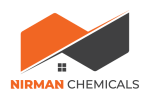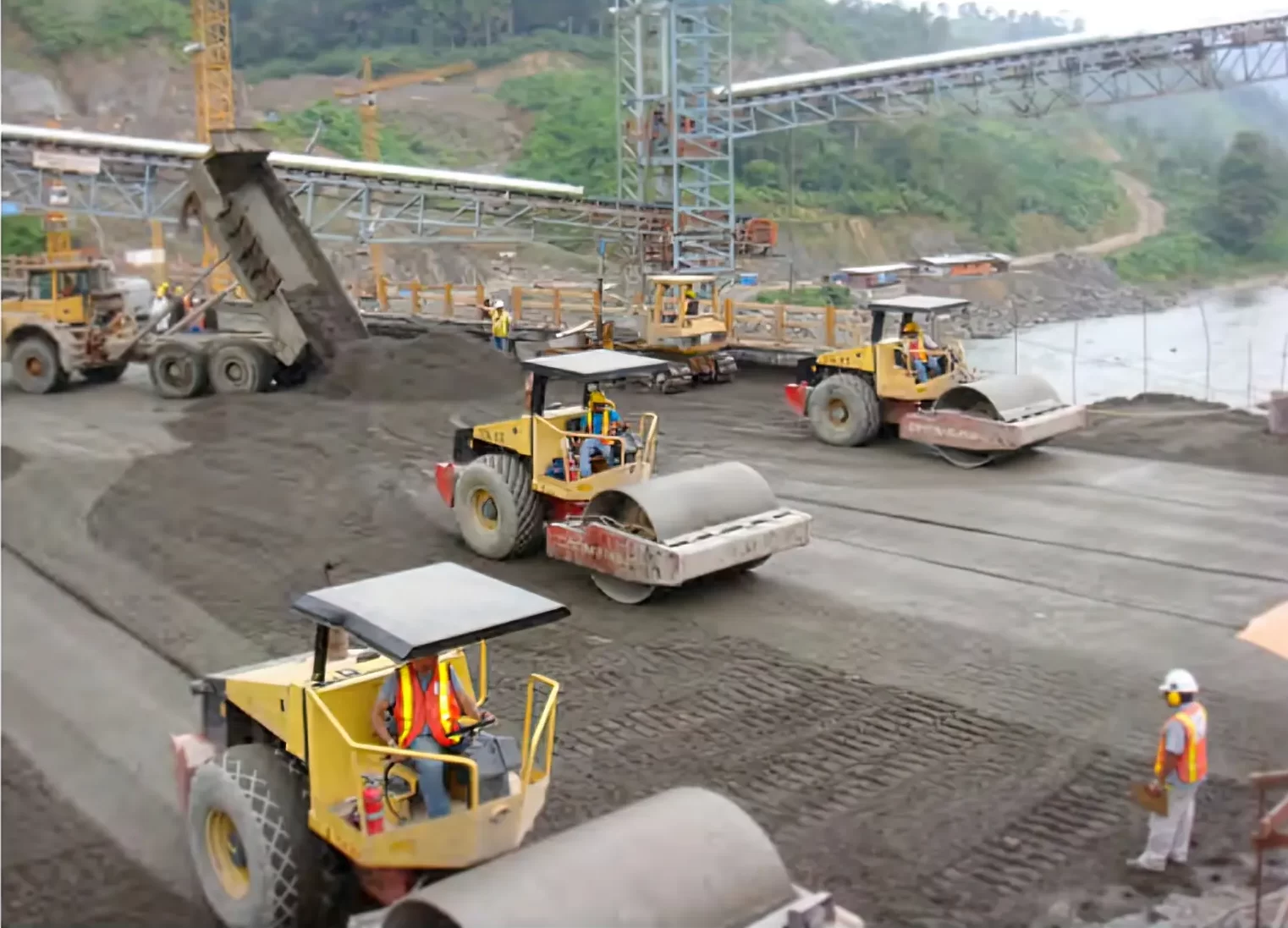Roller-compacted concrete (RCC) or rolled concrete (rollcrete) is a special blend of concrete that has essentially the
same ingredients as conventional concrete but in different ratios, and increasingly with partial substitution of fly ash for Portland cement. The partial substitution of fly ash for Portland Cement is an important aspect of RCC dam
construction because the heat generated by fly ash hydration is significantly less than the heat generated by Portland Cement hydration. This in turn reduces the thermal loads on the dam and reduces the potential for thermal cracking to occur. RCC is a mix of cemenVfly ash, water, sand, aggregate and common additives, but contains much
less water. The produced mix is drier and essentially has no slump. RCC is placed in a manner similar to paving; the material is delivered by dump trucks or conveyors, spread by small bulldozers or specially modified asphalt pavers,
and then compacted by vibratory rollers.
Some of the benefits of using Roller Compacted Concrete are:
- No need to use forms.
- Rebar is not required.
- It provides great strength.
- High Volume Placement.
- It can be used as a roadway after only 24 hours of being placed.
- Span soft localized subgrades.
- Will not be affected by oil spills, fuels and/or hydraulic fluids.
The drier consistency and lack of adequate paste in RCC makes its fresh behaviour very different from other types of
concretes. This also leads to challenges in characterizing its properties adequately to be translated to practice.
The workability of RCC is considered to be constituted by the cohesion, compatibility, and segregation resistance, retention of workability, water reduction and consistency.
In association with NI ROS ET R (water-reducing and retarding admixture), NIROPLAST AEA (air entraining agent) of Nirman Chemicals Limited offers distinct benefits and improves different properties of fresh RCC including changing the setting behaviour, cohesion, compatibility, consistency, water reduction, and finishibility.
Advantages
- Reduced cement consumption
- Pipe cooling not required because of low temperature rise
- Extended workability during hot weather conditions
Applications
- Irrigation dam construction
- Hydroelectric stations
NIROSET R Complies with ASTM C 260.


